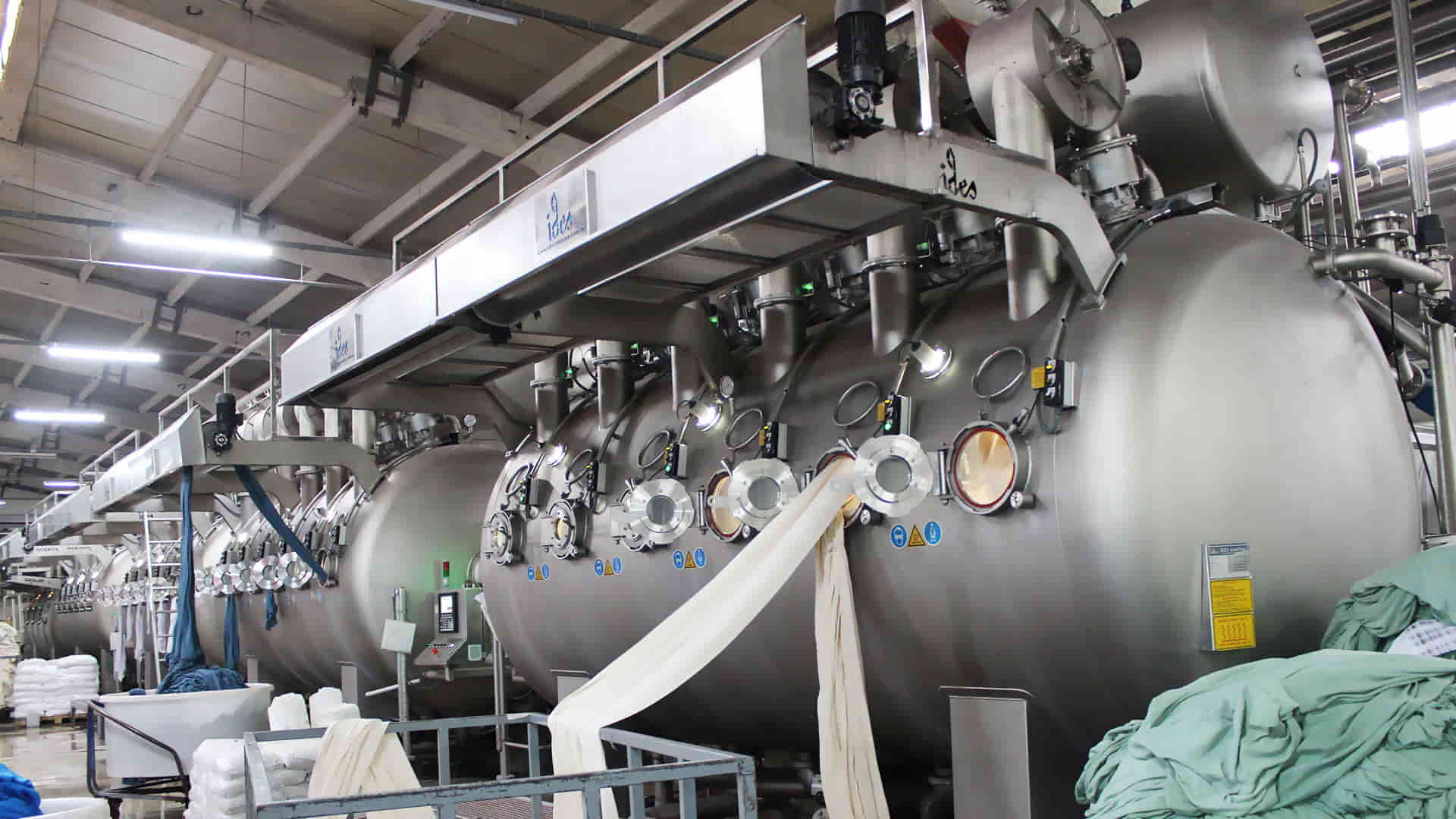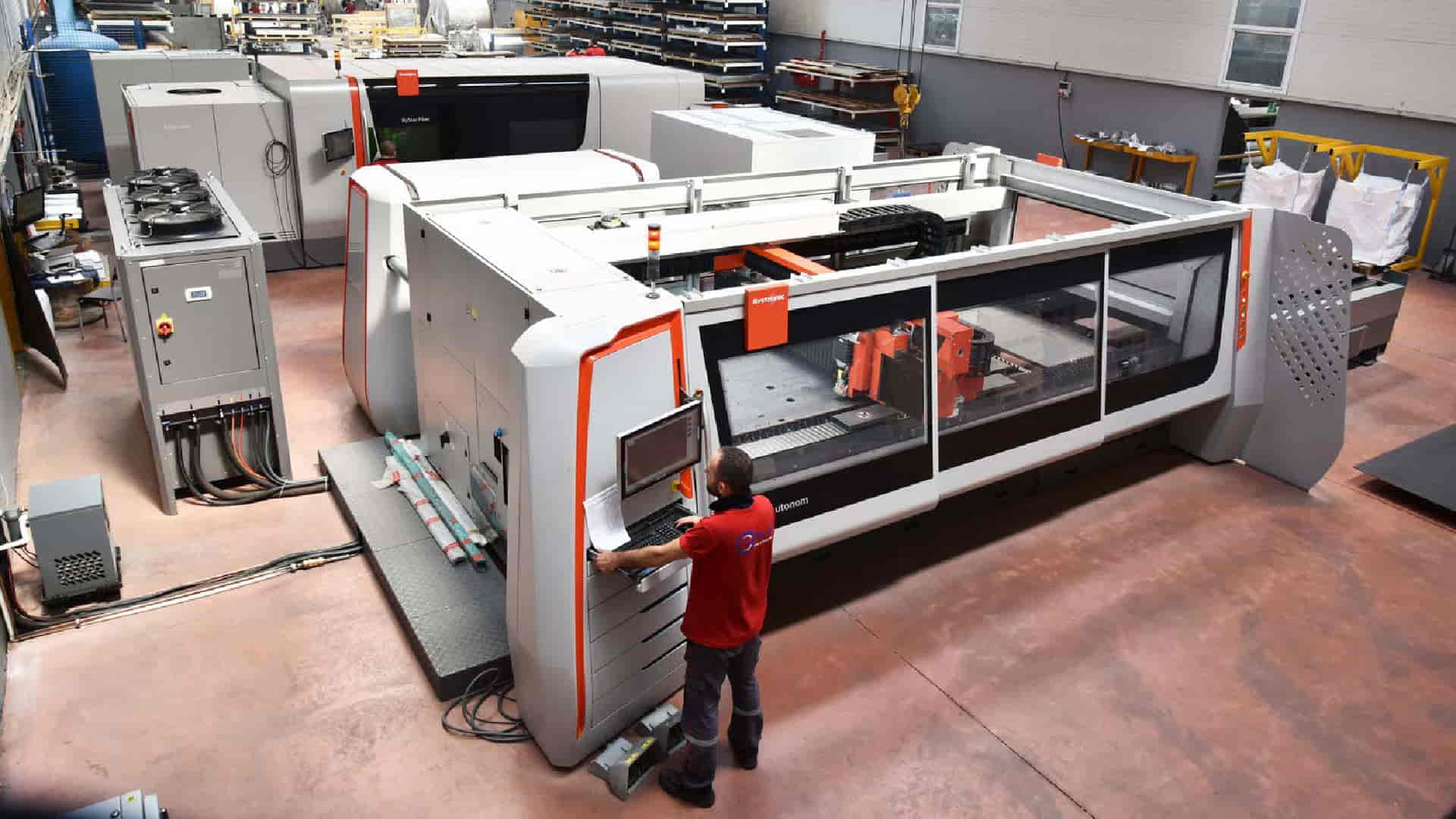The first of the National Textile Machinery and Systems Symposium, which is planned to be held every two years in order to create a platform that will contribute to the development of Türkiye’s textile machinery and systems manufacturing industry, will be organized at the Bursa Union of Academic Chambers (BAOB) campus on October, 20-21. The symposium to be carried out with the theme of “Direct the Textile with Your Own Technology” in cooperation with the Chamber of Textile Engineers, Bursa Uludağ University Textile Engineering Department and TEMSAD (Textile Machinery and Accessories Industrialists’ Association), will include panels and sessions attended by officials from industry associations and companies, as well as academicians. It is possible to attend the event free of charge.
Among the topics of the symposium, which aims to bring together the machinery manufacturers, the textile and apparel production industry, and academics on the same platform, and also focuses on concrete results that will contribute to the development of the textile machine manufacturing industry; Automation Systems and Digitalization, Software and ERP systems, Technical Textiles and Special Purpose Textile Machinery and Auxiliary Systems, Finishing Machines and Auxiliary Systems and more.

Foreign dependency is increasing in textile machinery and technology investments
While the Turkish textile and apparel industry and the technical textiles industry are making progress both in the country and on a global scale, they continue to import the machinery, software, auxiliary equipment and systems they need mainly from abroad. However, the biggest development in the Turkish textile machine manufacturing industry is the dyeing and finishing machinery sector, which alone realizes 75-80% of the exports reaching 1 billion dollars. Developing countries such as Central Asia, South Asia and Arab countries stand out among the main markets of the sector. On the other hand, the foreign dependency of the Turkish textile industry in machinery and technology investments is constantly increasing. It is seen that the textile machine import/export spread, which was closed during the crisis, opened rapidly when the conditions improved. Specialists underline that state-sponsored projects should be accelerated in order to reach a competitive position in fields that require high technology and knowledge such as yarn, weaving and knitting in this field.

